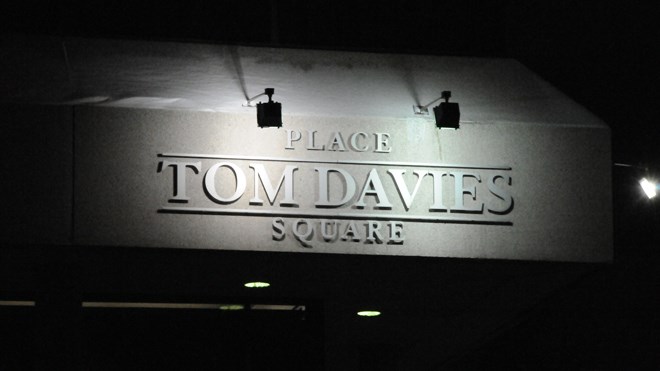The Local Planning Appeal Tribunal (LPAT) ship with three crew members aboard sailed into Sudbury last week but promptly ran aground on some legal procedural rocks.
After being refloated after a day of largely unfruitful deliberations, with several motions still to be considered, it appears it will be some time before we can expect a return visit to our shores.
This might well depend on efforts to scuttle the process as the legal validity in a prior LPAT hearing is being challenged and to be determined by the Ontario Divisional Court with no indication as to when any decision can be expected, and what that may involve which could change what takes place in all current and future hearings.
What does all this mean to the parties involved? Basically, that hopes for an early resolution are now problematic. Even if the procedural difficulties are resolved, another Case Management Conference needs to take place, and if there is no agreement with respect to mediation, then formal hearings will be held at which the tribunal estimates could take up to a week.
It is possible that depending on the outcome of the hearings and response from the city, further appeals and even court action could take place. The likelihood of “shovels in the ground” at any time next year is looking doubtful, regardless of statements by the mayor and city staff who seem to be whistling in the dark.
A clarification is necessary. I am often mentioned as one of the appellants. This is incorrect. I am president of the Minnow Lake Restoration Group, an incorporated charitable environmental organization which is the actual appellant. This is the same organization that spoke against the unnecessary widening of Second Avenue to five lanes which has resulted in many more tons of road salt entering Lake Ramsey each year.
Besides road ways, parking lots are the largest contributor of salt into the environment, and it is estimated that the KED parking areas would contribute hundreds of more tons of salt to Lake Ramsey, which already had sodium and chloride levels that threaten human and aquatic life.
Contrary to popular belief, there is no economical way to remove salt from water and no effective mitigation measures to prevent salt from entering the environment. Additional elaboration will be provided by group member scientist Brad Bowman, who the Tribunal has indicated will be called as a witness.
Further information on the Minnow Lake Restoration Group, which is a member of the Lake Ramsey Stewardship Committee and the Greater Sudbury Watershed Alliance, can be found at minnowlake.ca.
John Lindsay
President, Minnow Lake Restoration Group
